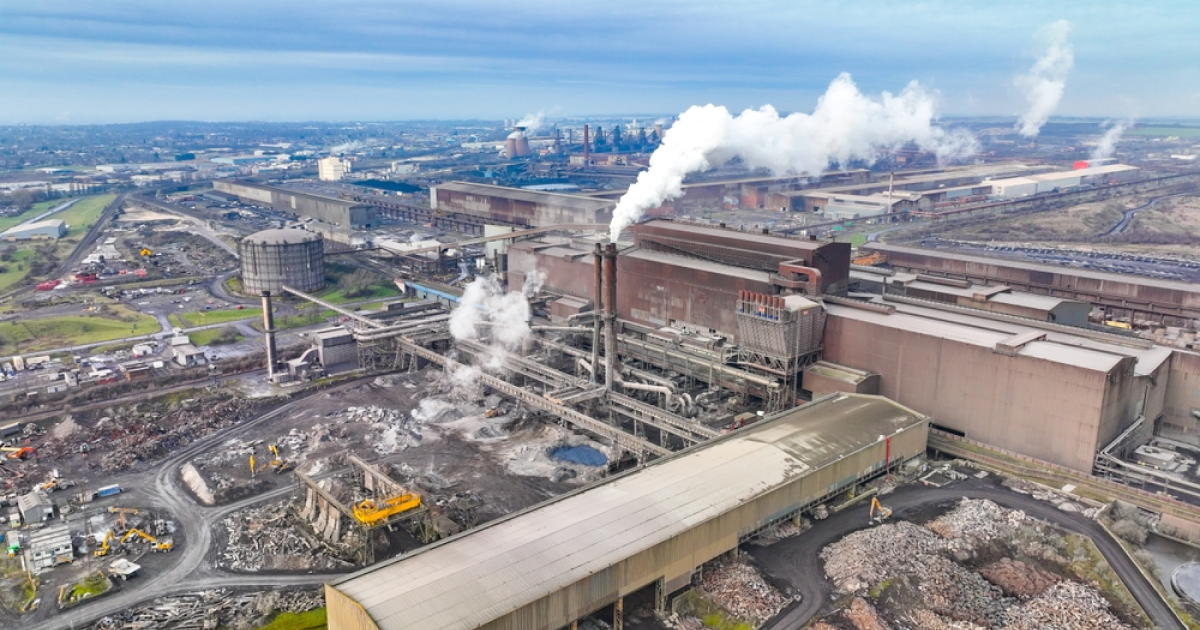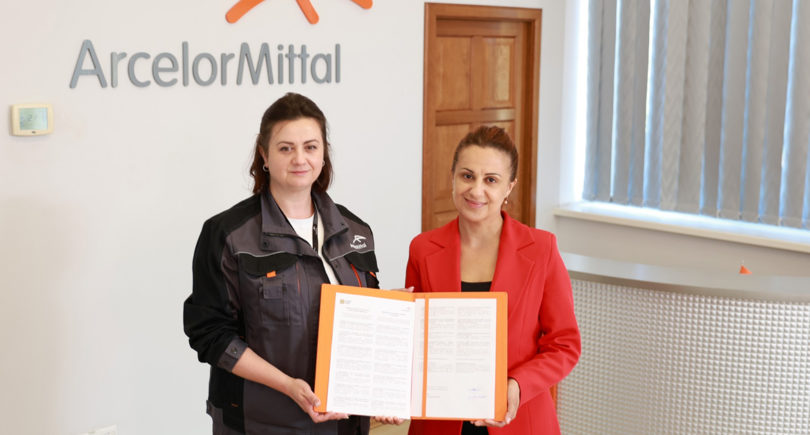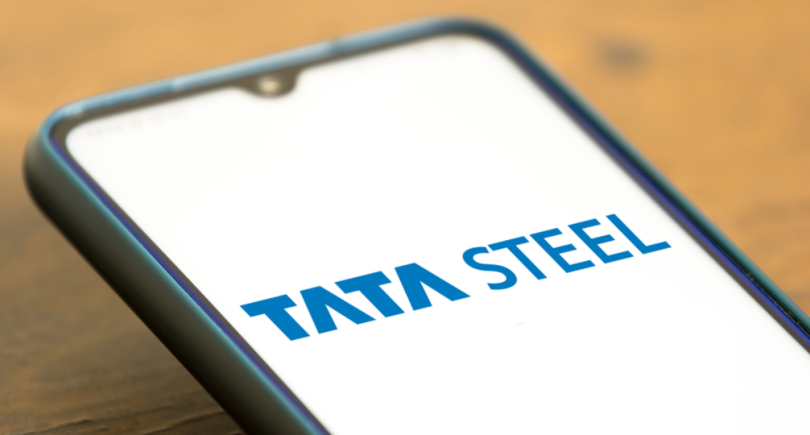
News Companies British Steel 2154 19 September 2024
The negative trend continues in 2023 and 2024
British Steel, a steel company owned by China’s Jingye, has announced an eightfold increase in pre-tax losses in 2022, up to £408.4 million on a turnover of £1.7 billion. This is reported by the Financial Times.
In 2021, the company’s losses amounted to £49.5 million with a turnover of £1.5 billion.
British Steel’s latest financial statements include an impairment charge of £202.9 million, which is said to reflect the deteriorating outlook for blast furnace production in Scunthorpe.
Earlier, the company warned that it was losing more than £1 million a day. Now it is noted that the losses continued in 2023 and 2024. If this process continues, the steelmaker will need further financial support from its Chinese parent company. According to the filed reports, Jingye invested £100 million in the UK business in October last year.
The second-largest steelmaker in the UK is currently trying to secure a deal to get government support for its environmental transition. British Steel is a key supplier to British railways. The company has considered importing semi-finished products from abroad to continue supplying customers while electric arc furnaces are being built, which could take three years. However, such a move would require approval from the railway authorities to comply with relevant safety standards and would likely be rejected by the government.
British Steel said that discussions on potential government support for the company’s decarbonization program and the future of its Scunthorpe steel plant are ongoing.
“While we have invested over £1 billion to support our legacy blast furnaces, this is not financially or environmentally sustainable in the long term,” the statement said.
The UK government has been in ongoing negotiations with the company over state aid and is seeking a deal similar to the one with Tata Steel. One of the sources said that the government expects Jingye to announce the closure of two blast furnaces in Scunthorpe in September, potentially jeopardizing more than half of the company’s 4.5 thousand employees.
British Steel may stop producing rolled steel in Scunthorpe. This will happen if the company shuts down the last operating blast furnace. The company’s rolling lines run on gas captured from the blast furnace. Recent problems with the stability of the unit and the subsequent gas shortage have resulted in some of them operating intermittently. If the last blast furnace is shut down and semi-finished products are imported, the company will have to modify the heating furnaces.
As GMK Center reported earlier, in June this year, British Steel applied for a £600 million government support package. The plans outline the costs of switching from blast furnaces to electric arc furnaces at the company’s steel plants in Scunthorpe and Teesside.




